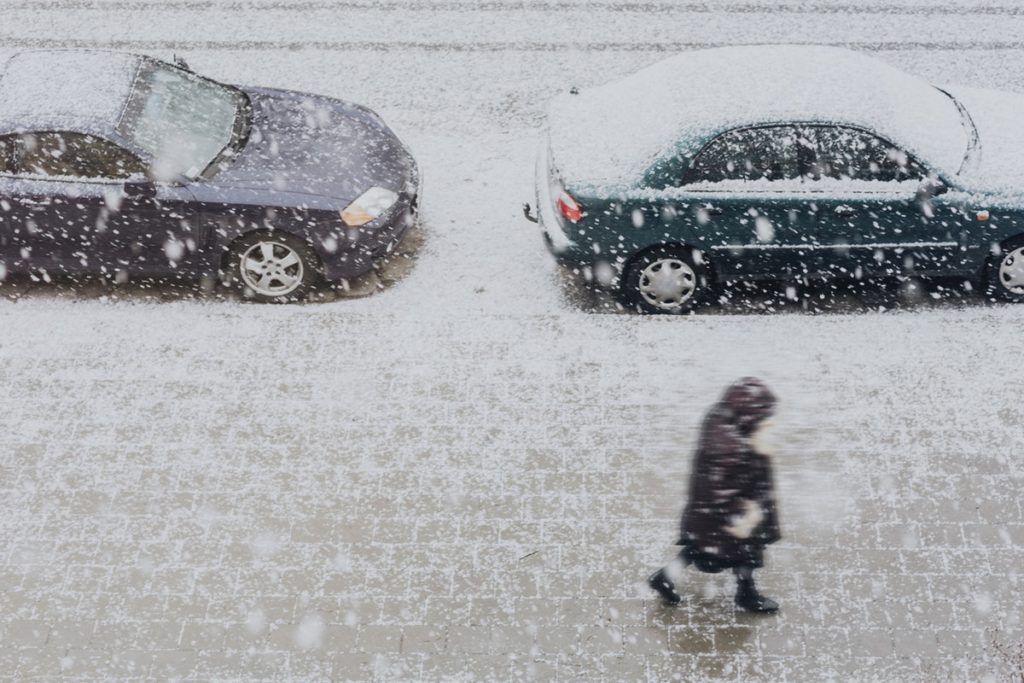
Updated Dec. 5, 2023
As New Jersey attorneys who represent people seriously injured in falls on ice and snow, we are constantly working to make sure that our clients are able to make claims against all available insurance policies. Sometimes we must unfortunately advise our clients that they are not able to make a claim because the person who owns the property is not necessarily at fault. For example, a residential homeowner is usually not liable to people who slip and fall on their sidewalks. Businesses generally are liable, because the business is using the property to generate income, it is in the better position to monitor for snow and ice accumulation, and it is better able to spread around the cost to remedy any risks. But what about the case where there is an abandoned commercial building?
In the recent case of Gray v. Caldwell Wood Products, the plaintiff was seriously hurt when she slipped and fell on ice that had accumulated in front of an abandoned storefront. She made a claim against the property owner’s insurance company and filed a lawsuit. The owner of the property asked that the trial judge dismiss the case, arguing that the property was not part of a contiguous commercial enterprise, there was no daily business going on that made convenient ingress and egress essential, and there was no revenue generated with which to spread the risk of loss. The trial judge agreed and dismissed the case, but the Appellate Division recently overturned the decision and held that the property owner did have a duty to remove the ice and snow, despite the fact that the storefront was abandoned. They reasoned that the property owner was a business, they could have used the property to generate income, and they maintained commercial liability insurance on the property to guard against the risk of loss. Significant was the fact that the property had, in the past, generated income, but the property owner decided not to rent it out and instead put it up for sale. They concluded by opining that the business in this case was exactly the type of property owner who should be liable for this type of case.

